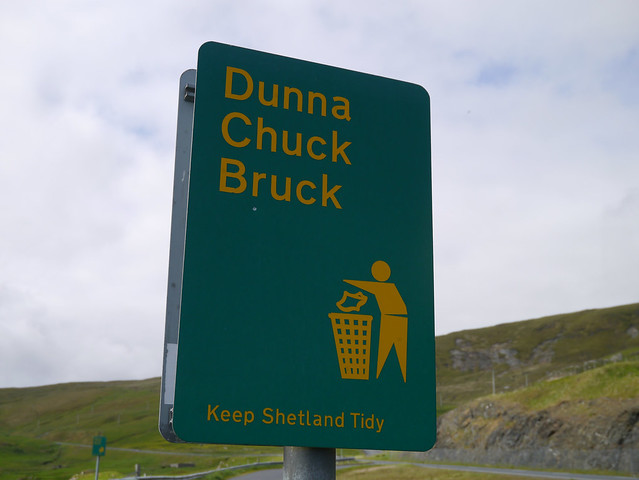What links litter and beds?
Well, back in about 1300 a litter was a bed. Later on it came to mean a bed-like vehicle carried on the shoulders. By the the 15th it also referred to straw used for bedding, particularly for animals, and then the offspring of an animal born at the same time.
By the 18th century litter could also be “scattered oddments” or “disorderly debris”, and by the 19th century litter was straw bedding for animals and the animal waste in it.
The verb to litter originally meant to provide with bedding, and later came to mean to give birth to, to strew with objects, and to scatter in a disorderly way.
Litter comes from the Anglo-Norman litere (portable bed), from the Old French litiere (litter, stretcher, bier, straw, bedding), from the Medieval Latin lectaria (litter), from the Latin lectus (bed, lounge, sofa, dining-couch), from the Proto-Indo-European *legh- (to lie down, lay).
From the same PIE root we also get such words as the English lie, lay, low, law and lair, the Irish luigh (to lie down) and luí (bed), and the Welsh gwely (bed) and lle (place, location).
Sources: Online Etymology Dictionary, Wiktionary

OK, Simon, on the sign you didn’t explain, “Dunna Chuck Bruck”, I get that “Dunna” basically means “Don’t” and “Chuck” means “throw, or throw around, improperly”.
But “Bruck”? A little help, please 🙂 What’s the origin of “Bruck”?
According to Lexico (‘powered by Oxford Dictionary’), bruck is of Scottish origin, and means ‘rubbish’ or ‘litter’. Its origin is ‘1920s; earliest use found in Eric Linklater (1899–1974), writer. Variant of broke’.
I swear in the early ’80s going to Boy Scout summer camp, instead of calling them “cots” we called our beds “litters.” But that might be the power of suggestion from reading your post!